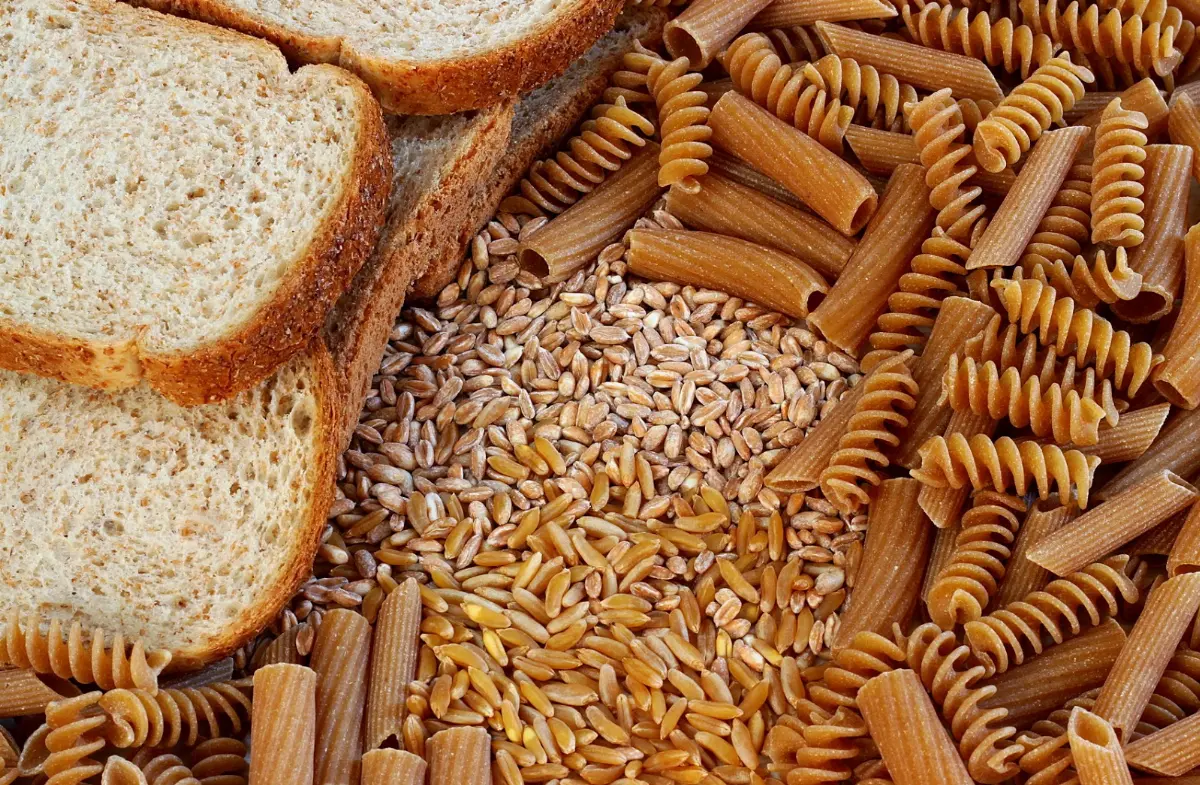
Whole grains can help you live better
For Whole Grain Day, some recommendations to break down prejudices and false myths

Every November 19th, Whole Grain Day draws attention to a simple yet essential gesture for well-being: choosing whole grains. This habit, according to experts, can contribute to a better and longer life, but in Italy it's still struggling to become a truly daily practice.
Whole grains are a cornerstone of the Mediterranean diet, recognized worldwide as a balanced and sustainable model for all life stages. According to the CREA (Italian Council for Agricultural Research) guidelines for healthy eating, at least half of daily servings of grains should be whole grains. This goal would increase intake of fiber, B vitamins, and bioactive compounds, which help reduce the risk of chronic diseases such as diabetes and cardiovascular disease. Furthermore, the Italian Society of Human Nutrition (SINU) has reiterated in its new Food Pyramid the central role of whole grains as a foundation of the daily diet. Pasta, bread, rice, and cereals—if whole grains—offer greater metabolic benefits than refined grains: increased satiety and a more balanced release of energy throughout the day. Furthermore, regular consumption of whole grains is associated with greater longevity, healthier intestinal flora, and improved blood sugar management.
Despite the recognized benefits and institutional recommendations, data shows that Italians still consume too little of them. Research by Crea and Sinu highlights that only a minority of the population regularly chooses whole grain products. The figure is even lower among children and adolescents: according to the Nestlé Observatory (2023), one in five children does not enjoy eating whole grains, a sign that shows how nutrition education must start early, from the earliest stages of growth.
"Whole grains are essential for health because they provide fiber, vitamins, minerals, and antioxidants, and their consumption is linked to a reduced risk of disease," says Giuseppe Fatati , a specialist in Internal Medicine and Food Science and scientific director of the Nestlé Observatory. "However, in Italy there is still considerable ignorance about their importance and benefits. In addition to misinformation, there is also a psychological factor, whereby people tend to associate whole grain products with diets and sacrifices on taste—whole grains are perceived as less palatable, more expensive, or difficult to incorporate into a daily diet."
This is why International Whole Grains Day is a necessary moment to reflect on how much remains to be done: an invitation to bring back to our tables a tradition that is part of the Mediterranean diet, but which today risks being lost amidst habits and misinformation.
Here, then, according to the expert, are the main obstacles - and opportunities - to the consumption of whole grains in Italy:
1) Preparation time: Whole grains require longer cooking times than refined pasta and rice. This practical barrier can be overcome with better meal planning and knowledge of cooking methods.
2) Lack of familiarity: Not everyone knows how to cook whole grains in a tasty or varied way.
3) Lifestyle and habits: The consumption of refined foods is ingrained in the eating habits of Italians.
4) Texture and taste: The presence of bran and germ makes whole grain products different from refined ones, and their taste and texture may be unpleasant. However, some research suggests that gradual exposure to whole grain products promotes adaptation and acceptance of the flavor.
5) Misinformation: There is sometimes confusion about the labeling of whole grain products, and it's not always clear which products are truly whole grain and which are not.
6) Lack of knowledge: In the INHES (Italian Nutrition & Health Survey) study, 45.3% of non-consumers stated they were unaware of the properties of whole grains; Disseminating accessible scientific information is therefore a key lever for promoting their consumption.
7) Education: Nutritional information on the benefits of whole grains is more widespread the higher the level of education.
8) Negligible presence of whole grains in Italian menus, in the restaurant sector.
9) Perception of higher cost or lesser convenience.
10) Failure to implement institutional campaigns promoting the consumption of whole grains and poor understanding of the concept of "positive nutrition," which translates into encouraging the consumption of foods with proven protective properties (until now, industry experts have only advised against potentially harmful "negative nutrition" products).
"It is appropriate to promote policies and strategies aimed at increasing the intake of whole grains in the Italian population," concludes Fatati , "so that thresholds are reached that can bring lasting benefits to health. At the same time, it is necessary to improve the availability and accessibility of whole grain products, especially in contexts where refined grains are habitually consumed, and to break down the prejudices and false myths that still hinder their consumption."
Scientific evidence therefore demonstrates that it's not just a matter of "adding fiber," but of increasing consumption of the whole grain—germ, bran, and endosperm—to achieve real health benefits. A balanced diet and an active lifestyle remain essential, but whole grains are a key component to building health and longevity over time.
EFA News - European Food Agency